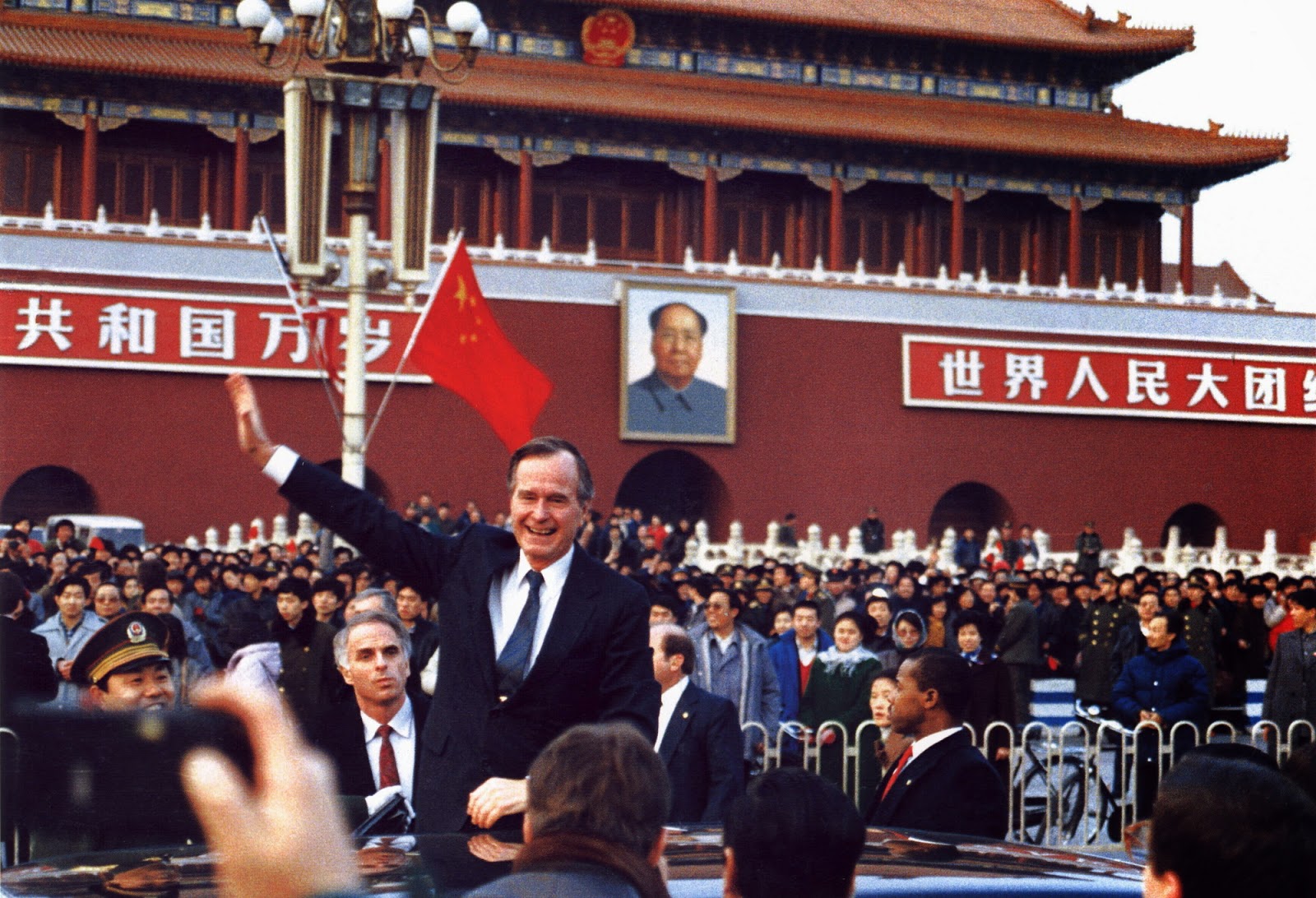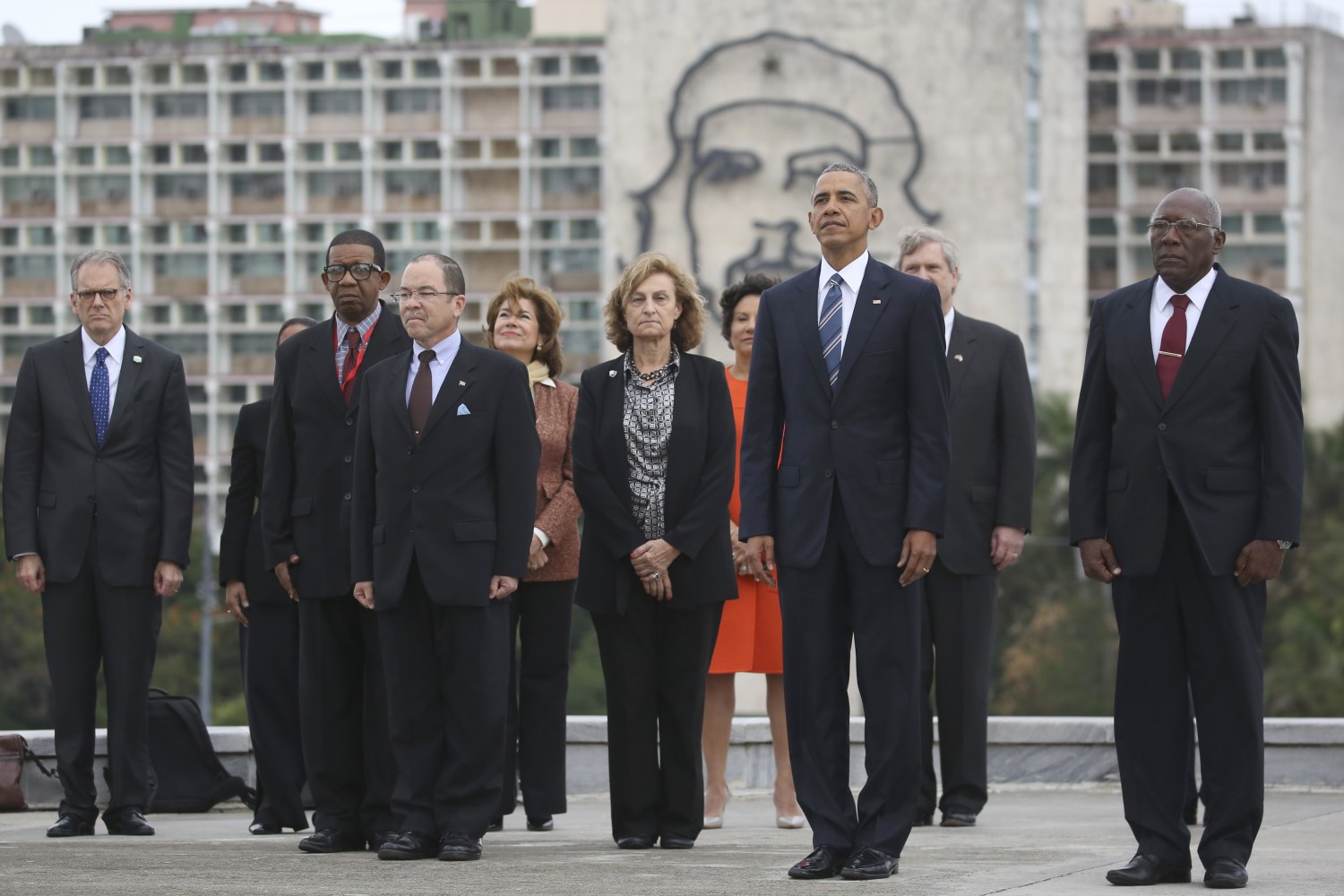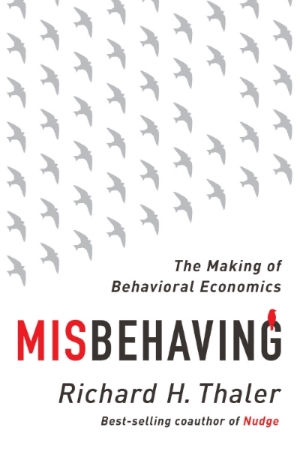In going to war, it is a common mistake to begin at the wrong end: to act first, and wait for disaster to discuss the matter.
-- Thucydides, History of the Peloponnesian War, 5th century B.C.
This week's featured post is "Buying Back American Democracy". And if yesterday's church service left you feeling uninspired or maybe even a little alienated, check out the "Struggling With Easter" service I led three years ago.
Last week's featured post "Tick, Tick, Tick ... the Augustus Countdown Continues" turned out to be way more popular than I expected, with more than 8000 hits in its first week.
This week everybody was talking about terrorism
As you undoubtedly know, Tuesday morning three bombs went off in Brussels, two at the airport and one at a train station, killing 34 (including three suicide bombers) and injuring 300. The perpetrators had ISIS training, and some were connected with the Paris attacks in November.
Whenever something like this happens, I try to remind people of the points I covered in "Terrorist Strategy 101: a review". What makes a terrorist attack different from all other kinds of warfare is that its targets have no military significance. In this case, for example, the attackers did not go after NATO headquarters (which is also in Brussels), or a Belgian air base. If they killed or injured any military personnel, it was by coincidence.
A terrorist attack is similar to a bank shot in pool. The attack itself accomplishes little that is useful to the attacking side, so its whole purpose is the bounce it leads to: the response from the side attacked. That's why, if some response immediately leaps to mind, you always have to ask yourself: "Is this exactly what they want me to do?"
The pool of potential ISIS recruits consists of Muslims who feel that a world community dominated by the West has no place for them, and leaves them nothing but bad choices: They can be ruled by autocrats more loyal to Western money than to their citizens, like the House of Saud or the generals in Cairo. Or they can live in war zones like Syria or Iraq or Libya or Gaza. Or they can come to the West and join a despised and dishonored underclass.
ISIS's terrorism aims to goad us into responses that expand their recruiting pool by justifying that view of Islam and the West. If they can get us to heap scorn on Islam in general, to ghettoize and demean immigrant Muslims in Western nations, to commit atrocities against innocent Muslims in the Middle East, or in some other way to make it harder for Muslims anywhere to find a place in our world order, then they've succeeded.
President Obama understands this, which is why he always seems so unresponsive after an attack. He generally says something equivalent to: We have a long-term strategy, which is to tightly focus our counterattacks on the people who threaten us and our allies. That strategy is going to succeed and so we're going to stick with it.
Admittedly, that's really unsatisfying. What anybody with mammalian hormones wants to hear is that we're going to lay waste to everything that has even the faintest connection to the attackers, until they're really sorry they riled us up. But that's a sucker's response; the whole point of the attack was to trigger it.
By contrast, Ted Cruz went straight for the sucker response:
We need to immediately halt the flow of refugees from countries with a significant al Qaida or ISIS presence.
We need to empower law enforcement to patrol and secure Muslim neighborhoods before they become radicalized.
We need to secure the southern border to prevent terrorist infiltration.
And we need to execute a coherent campaign to utterly destroy ISIS.
The bizarre implication of that second point is that we don't just have a problem with terrorist individuals, like the couple who carried out the San Bernardino massacre, but that we face a threat from entire Muslim neighborhoods. Even weirder is Cruz' belief that a heavier police presence in those neighborhoods can prevent "radicalization", when it obviously would push in precisely the opposite direction: Nothing alienates people faster than being hassled by police because of their race or religion.
Vox connects this radicalized-neighborhood paranoia to the imaginary "no-go zones" in Muslim neighborhoods of European cities, a bit of dystopian nonsense Bobby Jindal invented after the Paris attacks. As so often happens in the conservative echo chamber, delusions don't get corrected as facts emerge; instead, each delusion becomes a building block for the next one.
Cruz has spelled out his "coherent campaign to utterly destroy ISIS" before: carpet bomb areas that include large numbers of ISIS fighters, rather than being "politically correct" by trying not to kill innocent civilians. (Words that might substitute for "politically correct" here are humane or not a war criminal.) Killing their innocent wives and children might radicalize a few people too.
Trump similarly took the bait, reiterating his endorsement of torture and "knocking the hell" out of ISIS, whatever that means. The Chicago Tribune's Rex Huppke summarized the Cruz/Trump approach:
We see problem. We hit problem with big stick. Problem go away.
and Cuba
Bloody attacks and fist-waving responses are more eye-catching, but in the long run the most important thing that happened this week was probably President Obama's trip to Cuba. He was the first American president to visit since President Coolidge came three decades before the Cuban Revolution.
Obama is doing what he can to normalize relations, but he can't end the embargo against Cuba without an act of Congress, which he is unlikely to get because Congress is broken. At this point no one can argue that the half-century-long embargo has succeeded in overthrowing the Castro government, or that it will succeed if we stick with it just a little bit longer. It is one of those temporary policies that has continued through the decades precisely because it wasn't working. If it had worked the way it was supposed to, Castro would have fallen in 1960 or 1962 and we'd have normalized relations with his successor.
This is something to remember when Donald Trump calls for a "temporary" ban on Muslim immigration "until we can figure out what's going on". Once something like that gets started, it can continue for half a century or more simply because no event allows us to declare victory and we can't admit our mistake.
The Cuban embargo was such a mistake. In Cold War Europe, Communist East Germany had to limit travel to West Germany because it couldn't let its citizens compare the two societies. Similarly, Communist Cuba would have had to prevent its citizens from measuring their lives against their cousins' in Miami. But the embargo allowed Castro to blame us for the separation.
Everything Obama does is an outrage to conservatives, so this trip was too. Their outrage crystallized around this photo of Obama with a Che Guevara mural in the background.
How dare he! Of course it was fine for President Reagan to speak under a bust of Lenin at Moscow State University.
Or for the first President Bush to be photographed in Tiananmen Square with Mao's image behind him.

But Obama and Che ... that's completely different!
This continues a pattern that goes back to the earliest days of the Obama presidency: When he does things that many previous presidents have done without incident -- put his feet on a desk, take a vacation with his family, send a secular-themed Christmas card -- it provokes outrage. It's almost as if Obama himself were different, in some indefinable way, from all previous presidents. (I cataloged a bunch of examples of Obama-specific outrage two years ago in "What Should 'Racism' Mean?".)
and the 2016 campaigns
The Sanders campaign has been saying for weeks that things would get better for them when the campaign got to the West, and they were right. Clinton may have won the Arizona primary, but Sanders put up huge margins in the caucuses in Utah, Idaho, Washington, Alaska, and Hawaii.
As a result, Clinton's lead in pledged delegates shrank from 327 last week to 230. The amount that Clinton is running ahead of her minimum winning pace (according to Nate Silver's model) fell from 112 to 92.
Unfortunately for Sanders, that nearly finishes the caucuses. (Participating in a caucus requires more time and effort than voting in a primary, which favors the candidate generating more enthusiasm.) Wyoming and North Dakota are the only state caucuses left. Worse, most of the remaining primaries are closed (i.e., restricted to registered Democrats), which favors Clinton. The big states still to come -- New York, Pennsylvania, California -- have large minority populations, which also favors Clinton.
The next contest is an open primary a week from tomorrow in Wisconsin. The limited recent polling indicates a small edge for Clinton. Two weeks later comes a closed primary in New York, where Clinton was a senator and recent polls have her up by around 30%. As I said last week, Clinton could still self-destruct in some way, but unless she does, it's over.

If you thought the Republican race couldn't go lower after the nationally televised discussion of Trump's penis a few weeks ago, you were wrong. And it just keeps getting worse.
One point I'll make about the smear-the-other-guy's-wife exchange: Neither Melania Trump or Heidi Cruz has faced anything like the vitriol that has been unleashed on Michelle Obama these last eight years. Michelle has been a First Lady we should all be able to take pride in, but apparently she looks like a gorilla if you put your racist glasses on.
Thursday evening I was at a Massachusetts house party for Illinois Rep. Bill Foster, the only physicist in Congress. (If you're a science type and aren't excited by your local House race, check him out. He's been winning close elections in a traditionally Republican district and needs your help.) Barney Frank spoke. Barney is expecting a 1964-scale landslide this fall, with Trump playing the Goldwater role.
Jamelle Bouie debunks "the myth of the Trump Democrat". Trump's favorable/unfavorable ratings among Democrats are roughly the same as Ted Cruz', or about where Mitt Romney was four years ago. Likewise, among working-class white Obama voters, Trump and Cruz are about equally popular. In short, Trump's working-class white support mainly comes from people who stopped voting for Democrats a long time ago.
Josh Marshall and Nate Silver make a similar point with different data: In those blue states where Trump's appeal to working-class whites is supposed to turn things around, there's no sign of that happening. Trump trails Clinton by wide margins in rust-belt states like Pennsylvania and Michigan. When he has won primaries in blue states like Massachusetts, he's been doing it with a fairly small number of voters, due to a relatively small Republican electorate split among many candidates.
Summing up: It's way too early to say that Trump can't win in the fall, but the scenarios Democrats worry about aren't showing up in the numbers yet.
and bigotry
Apparently the biggest emergency in North Carolina is something about bathrooms. Wednesday, the NC legislature was called back for a special session to deal with the horrifying prospect of Charlotte protecting LGBT rights. In a single day (which allowed 30 whole minutes for public comment), Republicans managed to introduce, hold hearings on, pass through both houses, and sign into law a bill that:
overturns Charlotte’s ban [on LGBT discrimination]: It also prevents any local governments from passing their own non-discrimination ordinances, mandates that students in the state’s schools use bathrooms corresponding to the gender on their birth certificate, and prevents cities from enacting minimum wages higher than the state’s.
So can we finally dispose of the myth that Republicans and conservatives favor local control over Big Government? If a city or town in North Carolina wants to protect LGBT rights or insist on workers being paid a living wage, the bigger government in Raleigh says they can't. And if the consensus opinion at some state college is that they can deal with gender ambiguity in their bathrooms, well, forget about it; the bureaucrats have spoken. Conservative political correctness says that men are men and women are women, so that's that. (BTW: What if there's a typo on your birth certificate?)
In another context, I ran into a phrase this week that applies here: dominance politics. There is no actual problem here that needs solving, and certainly nothing that couldn't wait for the legislature's next regular session. The point of the bill, which is emphasized by the elimination of all normal procedure in its passage, is for Christian culture warriors to express their dominance.
Naturally, a backlash is brewing, as national and multinational businesses that have LGBT employees resist sending them to work in a state where they have been declared to be second-class citizens, with no rights which the majority is bound to respect.
and you might also be interested in
This week's guns-make-us-safer story isn't about somebody shooting somebody by mistake, it's evidence that nobody really believes the NRA's propaganda. As in 2012, the 2016 Republican Convention will ban guns. I mean, if a good guy with a gun is the best way to stop a bad guy with a gun, what could be safer than to crowd thousands and thousands of good guys with guns into an arena? As Colorado State Rep. Carol Murray put it:
when you have a gun-free zone, it's like saying, 'Come and get me.'
I shudder to think of all those unarmed Republicans huddled together with nothing but professional law enforcement to protect them, waiting helplessly for someone to come and get them. It's just too horrible.
If you listen to Trump or Cruz speeches, you'll frequently hear the prediction that Hillary Clinton will soon be indicted for her emails, or, if not, it will only be because the Obama Justice Department is blocking such an indictment.
One typical version of this Republican fantasy was in the March 20 New York Post. According to anonymous "associates in the private sector" who claim to have contact with unnamed FBI agents, who supposedly know the mind of FBI director Jim Comey (whether by talking to him directly or by hearing talk filtered through several other intermediaries), Comey "is getting stonewalled, despite uncovering compelling evidence that Clinton broke the law."
The article is a near-perfect conspiracy theory: Since even its third-hand sources are anonymous, and neither the "compelling evidence" nor the laws allegedly broken are specified, nothing in the story can be checked against reality. And it makes no predictions that could be checked in the future: If nothing happens, that's because Obama's stonewalling succeeded.
A much more compelling analysis comes from Richard Lempert, one of the authors of the security manual for the Department of Homeland Security, who explains why Clinton won't and shouldn't be indicted: Whenever you identify a specific law that Clinton might have broken, and then check the known facts against the provisions of that law, there's no crime.
The staff of Malheur National Wildlife Refuge is cleaning up and getting ready to reopen in a few weeks. Estimates of the costs to taxpayers stemming from the Bundy occupation are at $5.7 million and rising, not to mention the loss of time and data in environmental research projects, and the unquantifiable damage to archeological sites. This week, local media got its first look at how trashed the place was.
and let's close with an intervention
Ireland gives America the girl-to-girl talk we really need. "Don't give away your nuclear codes to the first megalomaniac that flashes his cash at you. You're worth more than that, America. Have some self respect."






